
Why does this matter to me, you might ask? I don’t export. All my meat is sold by the local butcher, or it comes back to my farm shop. The problem is that your abattoir may export bits of your animals that you don’t know about, and if they do, they will need you to have a piece of paper from your vet to say that your farm is not a biosecurity risk. This is called a Vet Attestation, and it will have a unique number called the Vet Attestation Number, referred to as a VAN.
Following strong representations from industry organisations such as Livestock Auctioneers Association, British Pig Association, National Beef Association and National Sheep Association, the government agreed to a soft launch with an implementation period.
So, if this is the first time you have heard about VANs or you don’t have one yet, please read this article carefully and take action. Do not put it off or delay. ACT NOW!
HOW DO I GET A VAN?
VANs are issued by private vets following a farm visit. The visit need not be specifically to obtain a VAN, and your vet may be happy to retrospectively issue a VAN if they have been on the farm in recent months. A VAN is not species-specific; if your vet has issued you with a VAN for another species, you can use the same VAN for your other livestock (as long as the vet was aware you had them on the holding).
If you have a vet visit planned for any other reason, make sure you ask them to issue the Attestation document as part of the visit.
WHAT DO I DO WITH THIS ATTESTATION?
This story is from the {{IssueName}} edition of {{MagazineName}}.
Start your 7-day Magzter GOLD free trial to access thousands of curated premium stories, and 9,000+ magazines and newspapers.
Already a subscriber ? Sign In
This story is from the {{IssueName}} edition of {{MagazineName}}.
Start your 7-day Magzter GOLD free trial to access thousands of curated premium stories, and 9,000+ magazines and newspapers.
Already a subscriber? Sign In
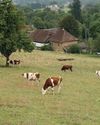
How to Buy a Smallholding in France- Long-time smallholder Lorraine Turnbull looks at the practicalities of moving to rural France
Aspiring smallholders are continually thwarted by the prices of smallholdings and property with land located within the UK. Even the humblest croft in Scotland comes with a substantial price tag and conditions which would make even an adventurous wannabee consider carefully. But all is not lost. For those willing to take the adventure of a lifetime, there is always Europe, and one of the most popular places is France.

Meet the Bournemouth goats and their supporters
These capricious animals are hard workers preserving the natural habitat
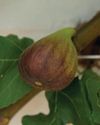
Still warm enough to sit outside with a Pizza
Henrietta Balcon uses fresh figs to create an unusual dish at Harvest time
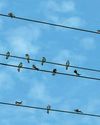
Goodbye to the birds of spring and summer
If you look and listen you might be able to see them preparing to leave says The RSPB
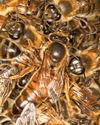
Get ready for the colder weather in the warmth of late summer
Claire Waring advises on doing the best to make sure your colonies survive until next spring
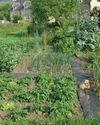
Preparing the Veg Patch for Winter
Lee Senior says, a well-run plot can excitingly continue to produce good quality, tasty, fresh food for much of winter
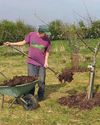
Time to prepare to plant your orchard
Wade Muggleton, smallholder and author of The Orchard Book, shares his practical experience so you can create your own fruit collection
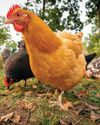
Choosing feed for the autumn
As autumn approaches, Joanna Palmer, nutritionist at the Smallholder Range, offers advice on choosing the right feed to support your adult birds through their annual moult and ensure your young birds grow and finish well at this time of the year.
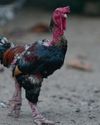
Vet advice from an experienced poultry vet
Reflecting on how much the humble hen has helped people world wide plus advice on stopping the scourge of red mite
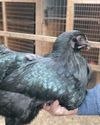
Give your hens some support
Paul Donovan looks at the right and wrong ways of handling birds